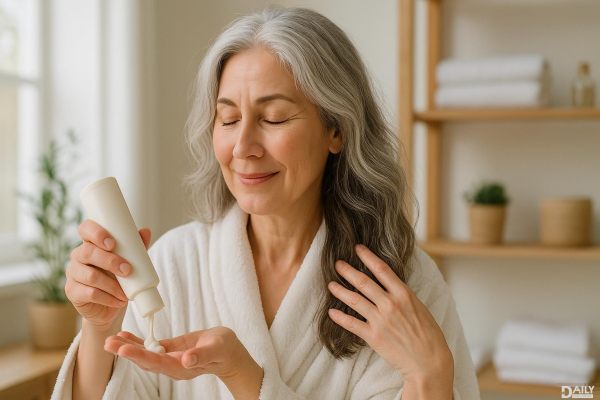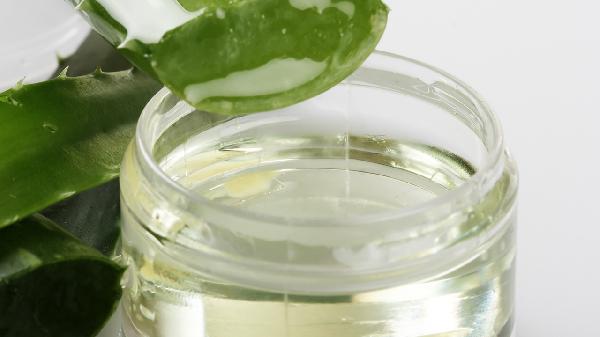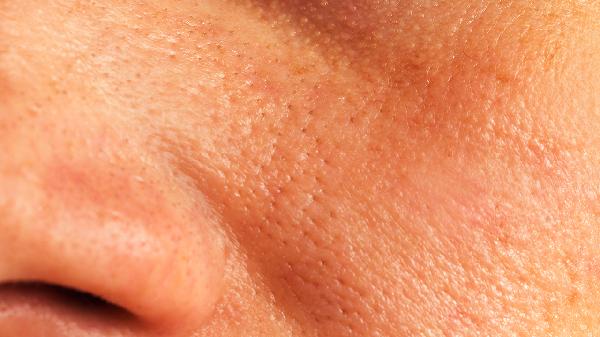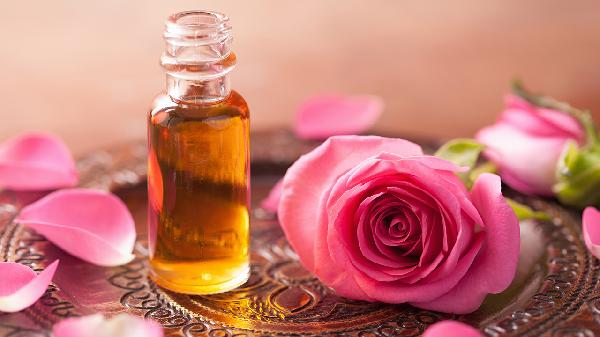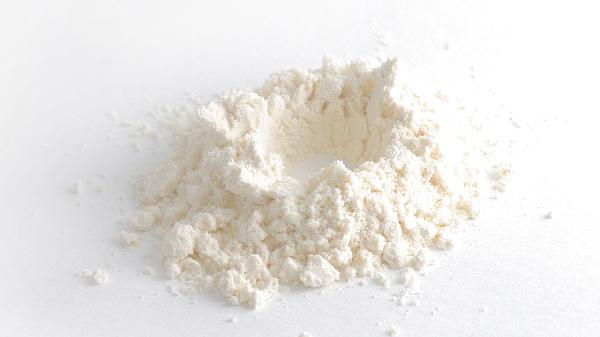What makes a cologne truly good? It's not just about smelling nice—it's about how the fragrance evolves on your skin, the quality of ingredients, and the emotional response it triggers. A great cologne tells a story, lingers in the right way, and makes you feel confident without overpowering the room. Whether you're a fragrance newbie or a seasoned scent connoisseur, understanding what sets a high-quality cologne apart can help you find your signature scent.
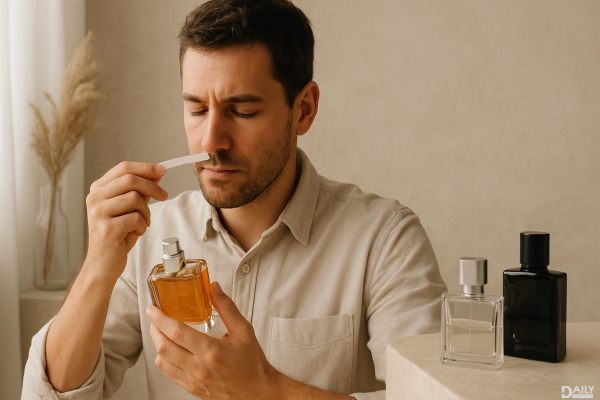
A well-crafted cologne is like a symphony—it unfolds in layers. The top notes are your first impression, usually light and fresh, lasting just 15-30 minutes. Think citrus, herbs, or green apple. The middle notes (or heart notes) emerge next, forming the core of the fragrance—floral, spicy, or fruity accords that stick around for a few hours. Finally, the base notes are the deep, long-lasting foundation—woody, musky, or vanilla tones that can linger all day. Cheap colognes often skip this complexity, smelling one-dimensional and fading fast. A truly good cologne balances all three stages, creating a scent journey that keeps people intrigued.
Not all cologne ingredients are created equal. High-end fragrances often use natural essences like real sandalwood, bergamot, or oud—ingredients that add depth and richness. Synthetic molecules, on the other hand, can mimic these scents at a lower cost but might lack nuance. That said, some lab-made compounds (like Iso E Super) are game-changers, adding modern, long-lasting effects that naturals can't achieve alone. The best colognes blend both, using synthetics for stability and naturals for authenticity. If a cologne gives you a headache or smells like rubbing alcohol upon first spray, that’s a red flag—it’s probably packed with cheap fillers.
Ever sprayed a cologne that disappears before lunch? That’s a longevity fail. A good cologne should last at least 6-8 hours, with the base notes sticking around even longer. Sillage (pronounced "see-yazh") is another key factor—it’s the scent trail you leave behind. Too weak, and no one notices; too strong, and you’ll clear a room. The sweet spot? A fragrance that stays close but reveals itself when someone leans in. Pro tip: Moisturized skin holds scent better, so apply after lotion or unscented oil. And don’t overspray—two spritzes max for strong concentrations (like eau de parfum).
Science says scent is the sense most tied to memory—so a great cologne should make you (and others) feel something. Maybe it’s the warmth of vanilla evoking comfort, or a crisp citrus sparking energy. Niche perfumers excel here, crafting unique blends that avoid the generic "mall counter" vibe. If a fragrance gives you an instant mood boost or gets compliments without you asking, that’s a winner. Test before you buy: Spray on your wrist, walk around, and see how it makes you feel after an hour. Your perfect scent should resonate emotionally, not just smell "nice."
Some colognes are one-trick ponies—too heavy for summer or too light for winter. A truly good one adapts. Fresh, aquatic, or citrus scents shine in heat, while woody, spicy, or amber tones thrive in cooler months. Versatile fragrances strike a balance—like a bergamot-and-musk combo that works year-round. Also, consider occasion: A bold leather-and-tobacco scent might kill at a night out but overwhelm the office. Look for colognes that transition smoothly, so you’re not stuck buying a different bottle for every scenario.
Finding a truly good cologne is part science, part art—and totally personal. The best ones don’t just smell expensive; they feel intentional, memorable, and uniquely you. Skip the hype, trust your nose, and remember: A signature scent isn’t about following trends. It’s about finding the fragrance that makes you pause, take a deep breath, and think, Damn, I smell good.

